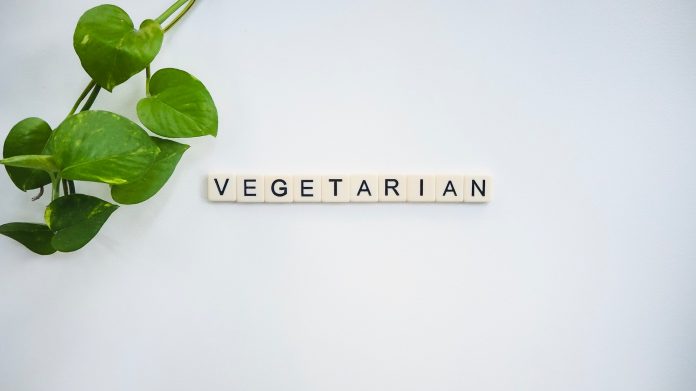Vegetarians can be people of all ages and backgrounds. Vegetarianism is a practice of never eats meat, fish or poultry. Their diet abstain from eating or using all animal products, including milk, cheese, other dairy items, eggs, honey, wool, silk or leather. Their diet includes a wide variety of foods, including fruits, vegetables, plenty of leafy greens, whole grain products, nuts, seeds and legumes.
Types of Vegetarians
Different types of vegetarian eat different things
- Lacto-ovo-vegetarians avoid the flesh of all animals, both meat and fish
- Pescatarians eat fish but no meat
- Lacto-vegetarians consume dairy products but no eggs
- Ovo-vegetarians consume eggs but no dairy
- Vegans avoid all animal-based foods, including honey
Choice of Vegetarianism
Many people stop eating meat for ideological, ethical or religious reasons.
Ideological
During, 17th – 18th centuries Philosopher Jeremy Bentham asserted that the suffering of animals, like the suffering of humans, was worthy of moral consideration and he regarded cruelty to animals as analogous to racism.
Ethical
The practice of vegetarianism and the concern of animal rights contention; modern methods of raising and slaughtering animals for human food were morally unjustified.
Religious Beliefs
The idea carried with it condemnation of bloody sacrifices in worship and was often associated with belief in the reincarnation of souls.
Health Benefits
Specific vegetarian diet can lower cholesterol almost as well as treatment with medication.
Specific diet consists of almonds, soy proteins, high-fiber foods such as oats and barley and a special margarine with plant sterols, found in leafy green vegetables and vegetable oils.
Vegetarians’ diets can be healthy and may even lower the risk of heart disease, obesity, hypertension, type 2 diabetes and some types of cancer, leading to a longer life expectancy.
Health Risk
Vegetarian diet may lack certain nutrients, by not consuming eggs or dairy products.
Nutrients that can be lacking are usually
- Iron
- Calcium
- Protein
- Vitamin D
- Vitamin B12
- Zinc
Milk and yogurt are important sources of calcium. Vegans and vegetarians have a higher risk of developing vitamin B12 deficiency. Dairy products normally provides zinc.
Becoming a vegetarian will not guarantee good health or a healthy diet. But it reduces many health risks. Therefore, they often need to work to add in foods that will provide the same nutrients found in animal products.






























[…] Vegetarianism […]